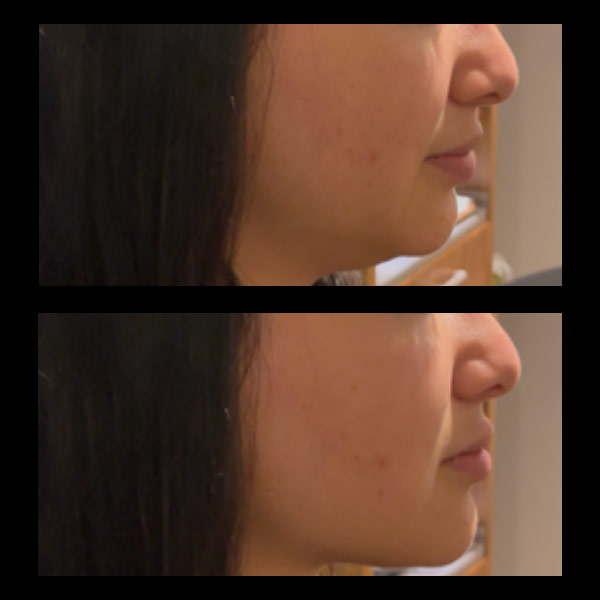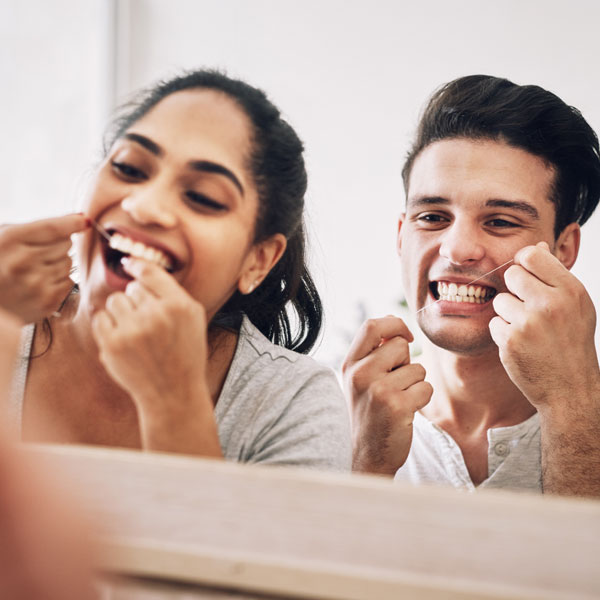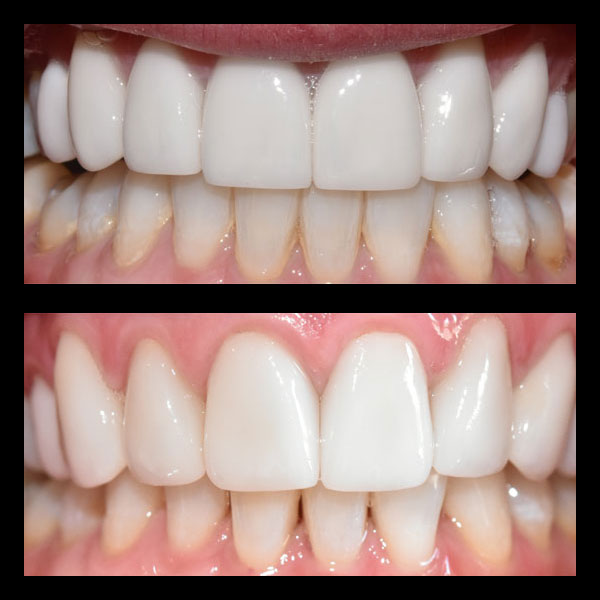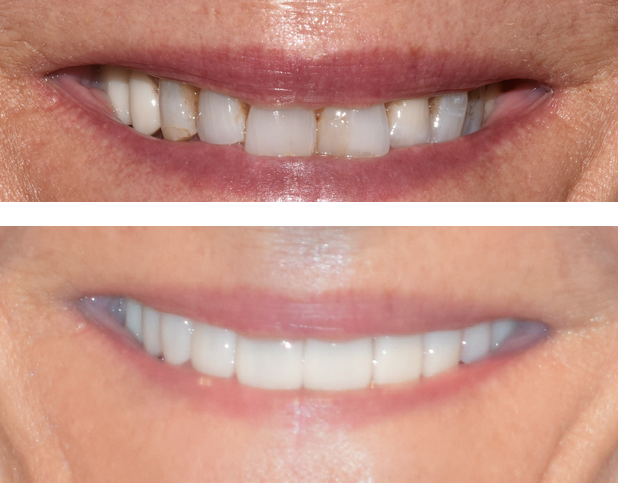Okay, let’s talk sleep. Or rather, the frustrating *lack* of good sleep that plagues so many people. As someone who’s been writing about health and wellness for over a decade (yikes, has it really been that long?), I’ve heard countless stories about the nightly battle for rest. Tossing, turning, feeling groggy no matter how early you go to bed… it’s rough. And sometimes, the culprit isn’t just stress or that extra cup of coffee; it could be something more serious, like sleep apnea.
It’s mid-April 2025 now, a time when many of us are focusing on fresh starts and better health habits. What better time to address something as fundamental as sleep? If you’re constantly tired or your partner complains about your snoring (or worse, those scary pauses in breathing), it might be time to look beyond typical sleep aids and consider a dental solution. Stick with me, because your dentist might just hold the key to unlocking truly restorative sleep.
Understanding Sleep Apnea and Its Health Implications
So, what exactly *is* sleep apnea? In simple terms, it’s a sleep disorder where your breathing repeatedly stops and starts while you’re asleep. The most common type, Obstructive Sleep Apnea (OSA), happens when the muscles in the back of your throat relax too much, physically blocking your airway. Think of it like a kink in a garden hose – air just can’t get through properly. Central Sleep Apnea (CSA) is less common and involves the brain not sending the right signals to the muscles that control breathing.
The symptoms aren’t subtle if you know what to look for: loud snoring (often punctuated by silence, then gasping or choking), waking up abruptly feeling short of breath, morning headaches, excessive daytime sleepiness (like, needing-a-nap-at-your-desk kind of tired), difficulty concentrating, and irritability. Sound familiar? Maybe a little *too* familiar?
Now, this isn’t just about feeling tired or annoying your bed partner. Untreated sleep apnea is serious business. Those repeated drops in blood oxygen levels put a massive strain on your cardiovascular system. We’re talking increased risk for high blood pressure, heart attack, stroke, atrial fibrillation, and even heart failure. Research also links it to type 2 diabetes, problems with concentration and memory, and generally feeling unwell. It disrupts restorative sleep, impacts daytime energy, mood, and overall health – it’s not something to ignore.
The good news? There are effective treatments. While CPAP (Continuous Positive Airway Pressure) machines are often considered the ‘gold standard’, many people find them uncomfortable or cumbersome. That’s where dentistry comes in, offering a less invasive approach with custom-fitted oral appliances. And here in Boulder, Colorado, practices like Incredible Smiles are leveraging advanced diagnostic tools, such as 3D cone beam imaging, to get a precise picture of your airway and jaw structure. This technology is fantastic because it allows for incredibly accurate treatment planning, ensuring the solution is tailored specifically to *you*.
How Dental Innovations Enhance Sleep Quality
Alright, so how does a little piece of plastic you wear in your mouth actually help you breathe better at night? It sounds almost too simple, right? But the science behind oral appliances for sleep apnea is pretty clever.
The most common type is the Mandibular Advancement Device, or MAD. (Yes, the acronym makes me chuckle too, especially when I haven’t had my coffee.) These devices look a bit like sports mouthguards or orthodontic retainers and fit over your upper and lower teeth. Their job is to gently reposition your lower jaw (mandible) slightly forward. This simple shift accomplishes something crucial: it pulls the tongue and soft tissues in the throat forward, away from the back of the airway. This helps keep the airway open, preventing that collapse that causes the breathing pauses and snoring. Some devices, called Tongue Retaining Devices (TRDs), use suction to hold the tongue itself forward, though MADs are more widely used.
Getting fitted for one is a process, but a straightforward one. It typically starts with a consultation and thorough examination, often involving those cool digital scans instead of goopy traditional impressions (thank goodness!). At Incredible Smiles, they use sophisticated tools like 3D cone beam imaging and digital scanning to get ultra-precise measurements of your mouth and jaw structure. This detailed information allows for a truly custom-fit appliance. Once designed, the appliance is fabricated by a dental lab. During your fitting appointment, the dentist ensures it’s comfortable and makes initial adjustments. Over subsequent visits, the device is gradually adjusted to find the optimal forward position – effective enough to keep your airway open, but still comfortable for you to wear all night.
This is where modern dental techniques really shine. The precision from digital scans leads to appliances that fit better, feel less bulky, and are more likely to be worn consistently. And consistency is key! An appliance only works if you actually wear it. Newer designs are often smaller, more durable, and easier to clean than older models. It’s all about making the treatment as effective and comfortable as possible.
Crucially, this isn’t an over-the-counter solution. While you might see cheap “snoring mouthpieces” online, these are generally not effective for actual sleep apnea and can even cause harm, like shifting teeth or jaw problems. Proper oral appliance therapy requires a prescription, diagnosis from a physician or sleep specialist, and careful fitting and management by a trained dentist. A patient-centered approach, focusing on your specific needs and comfort, makes all the difference in successfully managing sleep apnea with an oral appliance.
The Incredible Smiles Approach to Sleep Apnea Solutions
When you’re dealing with something as vital as sleep, you want to know you’re in experienced hands. Here in Boulder, Incredible Smiles brings over 30 years of expertise to the table, blending advanced dental technology with a real understanding of how the whole mouth system works – what they call a holistic and physiologic approach. It’s not just about fixing teeth; it’s about overall wellness, and sleep is a huge part of that.
They’ve embraced technology that makes a tangible difference in sleep apnea treatment. We already mentioned the 3D cone beam imaging, which provides incredibly detailed anatomical views crucial for planning. Add to that digital scanning for impressions – way more comfortable than the old putty molds and highly accurate – and potentially laser technology for certain soft tissue considerations if needed. These tools aren’t just fancy gadgets; they enable the team to create oral appliances that are incredibly precise and customized for each patient’s unique airway and jaw structure.
But what really sets a practice like Incredible Smiles apart, in my experience writing about health professionals, is their focus on physiologic (or neuromuscular) dentistry. This approach considers the complex relationship between your teeth, jaw joints (TMJs), and the muscles that control them. Think about it: if your jaw muscles are strained or your bite isn’t quite right, just forcing the jaw forward with a standard appliance might not be comfortable or optimally effective long-term. A neuromuscular approach aims to find the most relaxed and natural position for your jaw *before* designing the appliance to hold it there. This often leads to a more comfortable fit and better muscle harmony, meaning you’re more likely to wear the appliance consistently and get the results you need.
This holistic philosophy ties directly into improving sleep. By ensuring the oral appliance works *with* your natural physiology, not against it, they enhance its effectiveness in keeping the airway open. Better airway function means fewer breathing disruptions, less snoring, and more oxygen getting where it needs to go. The result? More restful sleep, which cascades into better energy, improved mood, and reduced long-term health risks associated with sleep apnea. It’s about connecting the dots between dental health, jaw function, and your overall nightly rest, all delivered in their signature warm, spa-like environment here in Boulder.
Key Takeaways for Optimizing Sleep Through Dental Care
So, you suspect you might have sleep apnea, or perhaps you’re just fed up with your CPAP. What should you keep in mind as you explore dental solutions?
First, choosing the right provider is paramount. Look for a dental practice with specific training and experience in dental sleep medicine. Ask about the technology they use – do they utilize digital scanning and 3D imaging for accuracy? Do they understand neuromuscular principles for a more comfortable and effective fit? Experience matters, especially when customizing a medical device like an oral appliance. Don’t just go to any dentist; seek out someone like the team at Incredible Smiles who focuses on this area.
What can you expect during a consultation? It will likely involve a detailed discussion of your sleep history, symptoms, any previous diagnoses (like a sleep study), and your overall health. The dentist will perform a thorough examination of your teeth, gums, jaw joints, and airway. They might use imaging like the 3D cone beam scan to get a clear picture. Be prepared to discuss your sleep habits and any challenges you’re facing. It’s helpful to set realistic expectations: while oral appliances are highly effective for many, especially those with mild to moderate OSA, results can vary. Sometimes, it’s used in conjunction with other therapies.
Ready to take the next step? Scheduling an appointment should be easy. Many practices, including Incredible Smiles, offer online booking options, perfect for those quick searches on your phone. When preparing for your evaluation, gather any relevant medical information, especially results from previous sleep studies if you have them. Some people find keeping a simple sleep diary for a week or two beforehand can be helpful to discuss patterns with the dentist.
Finally, remember that tackling sleep apnea through dentistry is part of a bigger picture of overall wellness. Integrating this treatment with healthy lifestyle choices – maintaining a healthy weight, exercising regularly, avoiding alcohol close to bedtime – can maximize the benefits. Consistent use of your custom-fitted oral appliance, combined with regular dental check-ups and follow-ups with your sleep physician, are key strategies for achieving sustained, better sleep and protecting your long-term health.
Feeling exhausted shouldn’t be your normal. If you’re struggling with poor sleep, snoring, or daytime fatigue, exploring dental sleep solutions could be a game-changer. Maybe 2025 is the year you finally reclaim restful nights!
Have you tried an oral appliance for sleep apnea? Or are you considering it? Share your thoughts or questions in the comments below! Let’s talk about getting better sleep. If you’re in the Boulder area and ready to explore your options, reach out to the team at Incredible Smiles for a consultation.
Frequently Asked Questions
What is sleep apnea and how does it affect health?
Sleep apnea is a sleep disorder where breathing repeatedly stops and starts during sleep. Its common type, Obstructive Sleep Apnea (OSA), occurs due to throat muscle relaxation blocking the airway. This leads to snoring, pauses in breathing, and potential consequences like cardiovascular issues, high blood pressure, diabetes, and disrupted sleep.
How can oral appliances help with sleep apnea?
Oral appliances, such as Mandibular Advancement Devices, help by repositioning the lower jaw forward, which opens up the airway and prevents the collapse that causes snoring and breathing pauses. These devices require a prescription and are custom-fitted by a dentist.
What should one expect when getting fitted for a sleep apnea oral appliance?
Getting fitted for an oral appliance involves a consultation, examination, and sometimes imaging like 3D cone beam scans. The appliance is custom-made and adjusted to ensure comfort and effectiveness in keeping the airway open.
Why is it important to have a custom-fitted oral appliance?
Custom-fitted oral appliances ensure a comfortable and effective fit that aligns with your specific jaw and airway structure. This precision helps in maintaining consistent use, which is crucial for the treatment’s success in managing sleep apnea.
Are there alternatives to CPAP for treating sleep apnea?
Yes, alternatives to CPAP include oral appliances that are more comfortable and less invasive. These require proper fitting and are effective for mild to moderate cases of sleep apnea.








